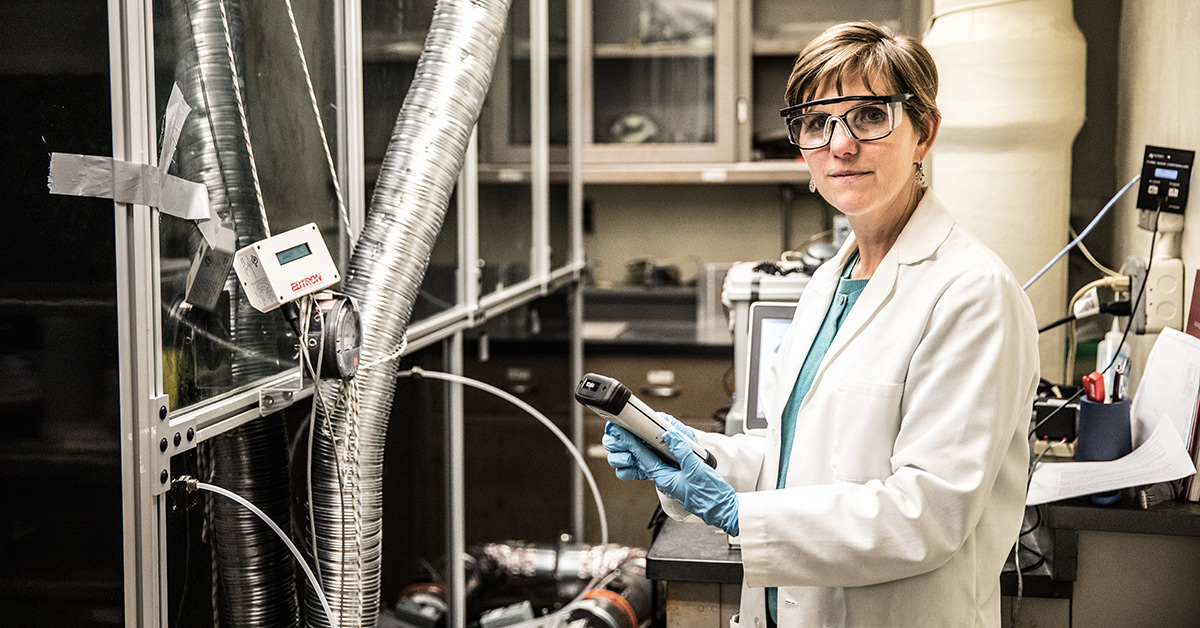Powerful new technologies, such as 3D printing and new ways of drug delivery, can revolutionize how we make products, care for health, and accomplish work. If we’re not careful, however, the technologies can also expose us to hazardous materials involved in or produced by their use. To address the risk, the University of Minnesota School of Public Health (SPH) recently received a five-year, $1.1 million grant from the National Institute of Environmental Health Sciences to train the next generation of environmental health and safety professionals who will be responsible for protecting the health of workers. The grant is to lead the development of a comprehensive web-based curriculum focusing on worker health and safety in emerging technologies and provide research-based training for graduate students. The program is called the Interdisciplinary Training, Education and Research Activities for Assessing And Controlling Contaminants From Emerging Technologies (InTERACCT) and is a joint initiative between SPH, the University of Iowa, and University of Utah.

Associate Professor Susan Arnold, Ph.D., C.I.H., is the principal investigator of InTERACCT.
“Emerging technologies offer exciting new products or more efficient ways of producing existing products, but they can also lead to unanticipated exposures to chemical and physical hazards and potential unintended health risks for people working with them,” says Arnold. “Equipping a health and safety workforce to assess and control unanticipated exposures to both familiar and new contaminants associated with emerging technologies is critical for preventing occupational disease and loss of life.”
The InTERACCT development team includes Professor Pete Raynor, Ph.D.; University of Iowa partners Tom Peters, Ph.D, C.I.H., and Patrick O’Shaughnessy, Ph.D, C.I.H.; Rachael Jones, Ph.D, C.I.H., from the University of Iowa; and two SPH graduate students to assist with the work each year. InTERACCT is managed through the SPH Exposure Science and Sustainability Institute (ESSI), which Arnold co-founded in 2015.
InTERACCT will focus specifically on areas of research ESSI already specializes in: emerging technologies additive manufacturing (e.g. 3D printing); novel drug delivery; and nanotechnology.
The web courses will be designed for training, continuing education, and outreach, and targeted towards industrial hygienists and environmental and occupational health professionals. The modules will be offered through the ESSI website and YouTube Channel. Arnold also plans on developing case studies and evaluation tools that complement the modules.
To create the courses, Arnold is tapping SPH’s Learning Innovations unit for its proven expertise in instructional design and ability to ensure the modules meet continuing education requirements.
Work on InTERACCT started in September and the first module will be a full semester course available sometime within the next year.

